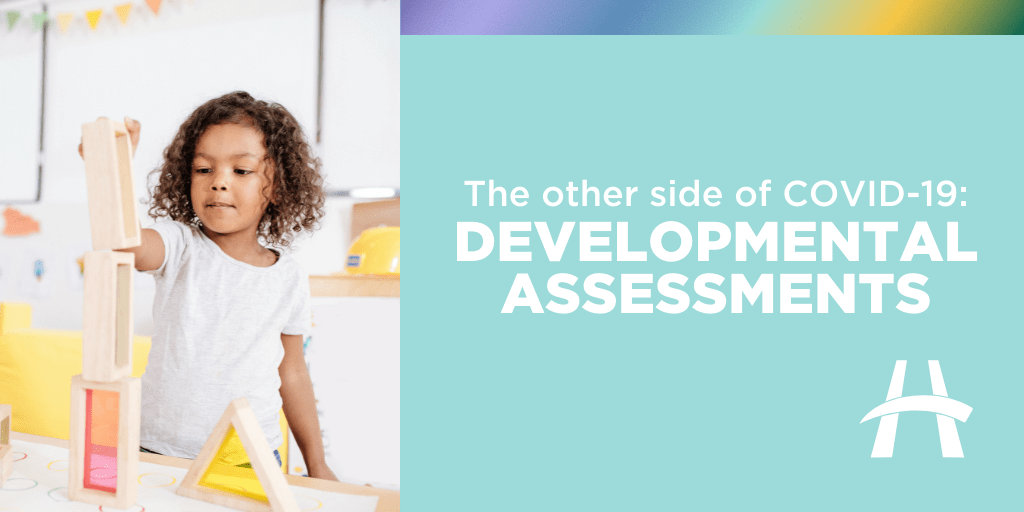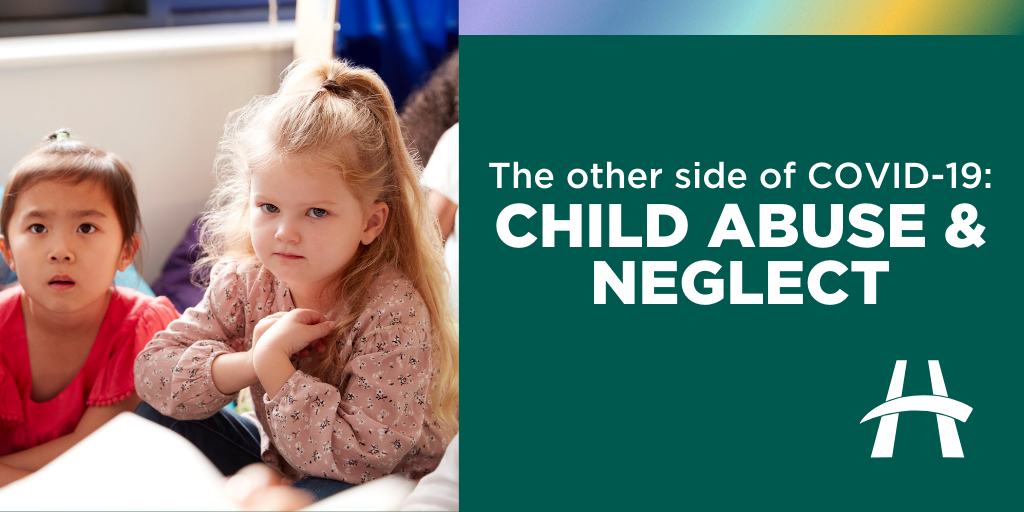
Early intervention is critical for children with developmental delays
About 1 in 6 children experience developmental delays. View our fact sheet.
McMaster Children’s Hospital’s (MCH) Ron Joyce Children’s Health Centre (RJCHC) wants you to know: children and toddlers may be struggling during the pandemic, but there are services in place to support you and your family if you notice your child might be missing developmental milestones like walking and talking.
“We recognize the pandemic has changed the experiences and opportunities for children to grow,” says Dr. Ronit Mesterman, medical director of the Developmental Pediatrics and Rehabilitation program. “Early identification of developmental delays paired with early intervention and treatment is of utmost importance to reach the best possible outcomes, especially in preschool age children.”
Information for parents of infants, toddlers and preschoolers
Experts at MCH encourage parents and caregivers to continue to pay close attention to their child’s development, even — and especially — during the pandemic. It’s important to identify red flags early and to seek services to fill the gap.
- See your family doctor regularly and in-person whenever possible. Be sure to schedule the 18-month Well-Baby Visit at your doctor’s office. Eighteen months is an important milestone in your child’s development. This important check-up ensures that your baby is reaching their full potential before starting preschool and kindergarten.
- The Canadian Pediatric Society provides an overview on important milestones. Be mindful of common milestones. Most children by 18 months of age will be able to:
- Say 20 words or more
- Follow a simple instruction
- Point to familiar objects when asked
- Turn over a container to pour out the contents
- Fit related objects together (e.g. in a shape sorter)
- Walk without help
- Take care of regular healthcare needs such as doctor and dentist check-ups and vaccinations.
- Be mindful of screen time, especially with many families experiencing online learning. While there are benefits to certain types of screen time, it’s important for parents to make informed decisions about how and when their children use screens. For typically developing children, the Canadian Paediatric Society recommends no screen time under age two, and less than one hour per day between ages two and five. Creating good screen habits early on prepares children to better manage their screen time independently as they get older.
- Consider licensed childcare for your child. Licensed childcare is beneficial for all children, with programming to support your child’s unique needs. Children who attend licensed childcare have greater success in full-day kindergarten. Licensed childcare employs evidence-based methods that all children would benefit from – and provides consistency with the curriculum in school. RJCHC can assist families in accessing childcare subsidy through the City of Hamilton.
- If you are concerned about your child’s speech and language development, contact the Hamilton branch of the Government of Ontario program, Early Words at 905-381-2828 ext 224. Early Words provides assessment and intervention for children up to school-entry age.
- MCH offers a variety of free resources, such as parenting programs through the Infant Parent Program and skill development workshops in our Growing Together Guide, updated seasonally. Topics include picky eating, toilet training, helping your child manage emotions, strengthening the parent-child relationship, and much more.
- RJCHC is open and accepting referrals. If you are concerned about your child’s development, speak with your family doctor or self-refer to the Development and Rehabilitation program using the Family Referral Form
Development and Rehabilitation Program
The Development and Rehabilitation program at MCH provides outpatient services to children with developmental, behavioural, physical, or communication needs and their families.
“Community and caregiver referrals to our programs are lower than typical non-COVID years” says Sue Nall, manager of the program. “But child development doesn’t stop because of the pandemic. We are here for children and families and we can help.”
The team cites several possible reasons for low referrals: With restrictions, lockdowns, and social isolation, parents and caregivers may not be meeting other families with young children and therefore may not have a reference point for typical or delayed development. Children are not consistently attending daycare, kindergarten and school where delays are often identified. Plus, families may be hesitant to seek medical services for fear of COVID-19 and may not be aware that new assessments and ongoing services at RJCHC are still available.
Continuing to seek care and not missing appointments is especially important for children and youth who are already clients of RJCHC. Services such as audiology and prosthetics and orthotics need to keep up with children as they grow. “If your child has grown out of their shoes, they have grown out of their hearing aids,” says Dr. Mesterman.
“Early identification of developmental delays and early intervention is key to success.”
Resources
Getting help early is key. Here are some resources to guide you:
- Developmental milestones
- Development and Rehabilitation Health Services available at RJCHC
- Growing Together Guide of free workshops and courses
- Healthy Babies Healthy Children program (support for new parents)
- EarlyOn Centres offer a range of services for families in Ontario
- Early Words Preschool Speech and Language program
- Find Licensed Child Care in Ontario
- Tips for improving your family’s digital health
- Family Screen Time
- Parenting groups in Hamilton
- Autism Program Summer Service Guide


